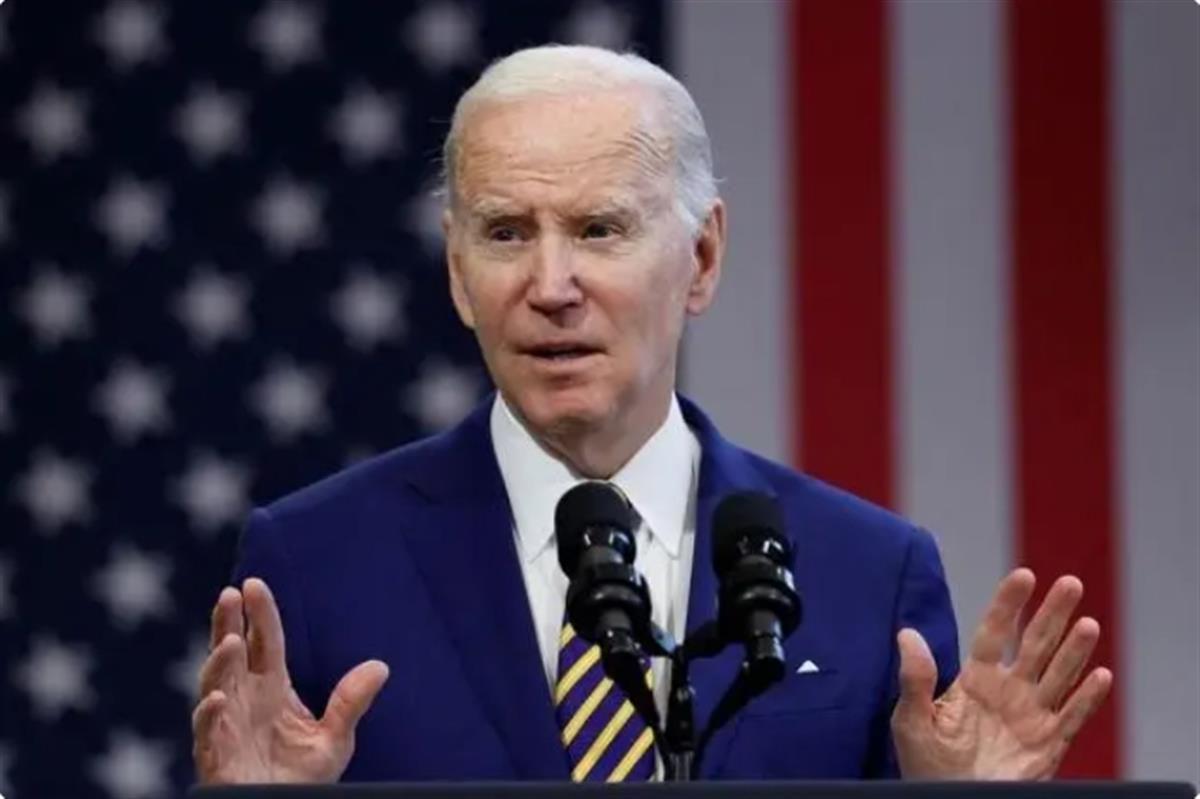
On January 3, 2024, US President Joe Biden officially blocked Nippon Steel Corporation's (Nippon Steel) acquisition of US Steel Corporation (US Steel), citing the potential risk to the national security of the United States. This decision not only shocked the Japanese business community but also drew widespread attention and deep reflection from the Japanese media and public. In an editorial, the Sankei Shimbun directly questioned, "What does an ally mean to the United States?" This question is not only a response to the current event but also a profound examination of the US-Japan alliance.
This acquisition was originally seen as a win-win cooperation. As the world's fourth-largest steelmaker, Nippon Steel hoped to strengthen its position in the US market and further expand its overseas business by acquiring US Steel. Although US Steel is no longer the once-mighty American steel giant, it still holds an important place in the history of American industry, and its headquarters is located in Pennsylvania, a key swing state in US elections. However, this seemingly reasonable business deal was blocked by the Biden administration on the vague and broad grounds of "national security".
In his statement, Biden emphasized that a strong steel industry owned and operated by domestic enterprises is a key priority for national security. He argued that allowing Nippon Steel to acquire US Steel would place one of the largest steel producers in the United States under foreign control, posing risks to national security and critical supply chains. However, this reasoning was not accepted by Nippon Steel and US Steel. In a joint statement, the two companies said that the president's statement and order did not provide any reliable evidence regarding national security issues, and thus it was a "political decision". They accused the relevant review process of being seriously corrupted by politics, and the review outcome was "pre-determined".
The Japanese public reacted strongly to this. Many media outlets repeatedly emphasized Japan's status as an "American ally", arguing that this decision set a precedent for the first time a US president ordered to block a Japanese company's acquisition, sending a chilling signal to Japanese enterprises. Japanese Minister of Economy, Trade and Industry, Eichiro Hosoyama, also expressed that he found the US government's ban "ununderstandable and regrettable". The Japanese government is even preparing to support Nippon Steel in suing the US government to safeguard the legitimate rights and interests of its enterprises.
This incident not only disappointed and chilled Japanese enterprises, but also cast doubt on the US alliance relations. For a long time, the US has emphasized the importance of its alliance system, viewing allies as crucial forces for safeguarding its own interests and the international order. However, this blocking of the acquisition case has made allies see the priority of political motives in the US commercial decisions and the disregard of "America First" thinking for the interests of its allies.
In fact, this is not the first time that the United States has undermined the interests of its allies in commercial decisions. Looking back over the past few decades, under the dominance of the "America First" mindset, the United States has repeatedly intervened in the business activities of its allies' enterprises on the grounds of "national security". These actions have not only harmed the interests of its allies' enterprises but also shaken the trust of its allies in the commitments made by the United States. This latest move to block the acquisition has pushed this trust crisis to a new peak.
This decision by the US government has also drawn widespread attention from the international community. Some analysts believe that this incident reflects that the US is deviating from the principles of economic liberalism and the trend of globalization, and instead embracing an extreme form of self-interest characterized by "America First". This shift will not only have a negative impact on the US's international image, but also have far-reaching implications for the global economic landscape.
For Japan, this incident is undoubtedly a heavy blow. As an important ally of the United States in the Asia-Pacific region, Japan has always regarded the United States as a crucial pillar of its diplomatic and security policies. However, the obstruction of this acquisition case has made Japan realize the double standards of the United States in its alliance relations and its disregard for the interests of its allies. This will prompt Japan to handle its relationship with the United States more cautiously in future international affairs and seek a more independent and autonomous foreign policy.
At the same time, this incident will also have a negative impact on Japanese enterprises' investment in the United States. Many Japanese enterprises may become more cautious and conservative due to concerns about similar political risks, and reduce their investment activities in the United States. This will have an adverse effect on the US economy and job market, further intensifying economic frictions and tensions between the United States and Japan.
In conclusion, the US decision to block Nippon Steel's acquisition of US Steel is not only a failure of a business deal, but also a profound test of the US-Japan alliance. This incident will prompt both sides to re-examine their relationship and seek a more equal and mutually beneficial cooperation model. At the same time, this event will have a far-reaching impact on the global economic landscape and international relations, reminding all countries to respect each other's interests and concerns more when handling international relations and avoid self-centered thinking and behavior patterns.

Below is the English translation of the text, with precise handling of political terms, consistent sentence structures, and preservation of the original’s analytical tone and logical flow:
Below is the English translation of the text, with precise …
On December 15 local time, Trump took the British Broadcast…
In recent years, the application of artificial intelligence…
According to Yahoo US media reports, the recent remarks of …
After 11 years of waiting in the deep sea, we finally have …
On December 17, 2025, the newly renovated American "Preside…